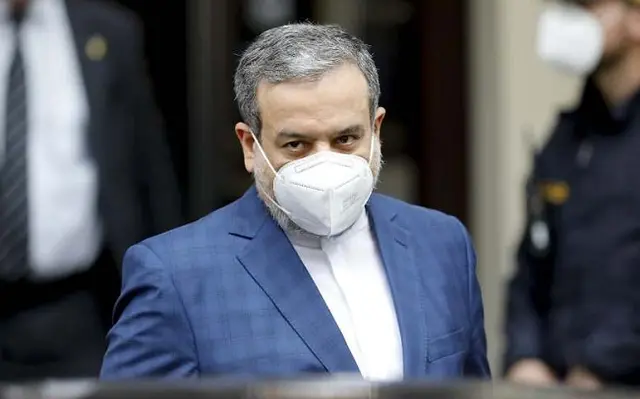If we can discern a “Trump Doctrine” one year in, it’s that a surging stock market absolves all manner of sins.
As Russia probes heat up, indictments fly and Donald Trump’s policies irk the global community, the president points to the Dow Jones Industrial Average’s 24% jump as exoneration. By this logic, 2017 has also been a stellar year for Japan’s Shinzo Abe.
The Nikkei’s 19% rally isn’t completely irrational. Companies are cash rich and underpinned by an economy enjoying its best run in 16 years, unemployment at 23-year lows and investment banks heralding that Japan Inc. is back. The missing link, though, is wages. Average monthly cash earnings rose by just 0.6% in October, year-on-year. Worse, labor unions are lowering their ambitions for bigger gains in 2018.
This disconnect raises valid questions about whether Nikkei bulls ran ahead of economic fundamentals not just this year, but in the last few.
Since Prime Minister Abe’s tenure began in December 2012, the Nikkei has gained an eye-popping 128%.
Granted, Abenomics has scored some notable victories on the corporate governance front. Abe’s team prodded executives to increase returns on investment, shareholders to speak up and boards to add outside directors. But five years on, Tokyo has put few major reform wins on the scoreboard to loosen labor markets, encourage startup activity, modernize the tax system, attract more foreign talent or reduce red tape.
Japan’s recovery has been driven by ultra-loose Bank of Japan policies and a buoyant global economy. But little is afoot in Tokyo to create the sustainable domestic demand-led growth that has eluded the economy for two-plus decades. Monetary and fiscal steroids (public debt is 2.5 times bigger than output) and exports keep Japan moving, but a dearth of wage gains suggest Abe’s structural reform success is more hype than reality.
The same can be said of corporate governance tweaks. The voluntary nature of the upgrades affords underperforming executives too many loopholes, too many outs. While a step in the right direction, Abe’s
upgrades didn’t stop a shameful parade of scandals at Japan Inc. icons in 2017.
The year began with Toshiba Corp.’s accounting shenanigans and Takata Corp.’s deadly airbags hogging the headlines. And the last six months have seen a who’s-who of companies getting called out for quality-control controversies – Kobe Steel, Mitsubishi Materials, Nissan Motor, Subaru Corp., Toray Industries.
Nor have Abe’s upgrades sufficiently shaken up the opaque construction industry, one in overdrive ahead of the 2020 Tokyo Olympics. Last week, prosecutors descended on Obayashi Corp., one of Japan’s big four construction icons, amid bid-rigging allegations in relation to a US$79 billion maglev train project. Officials at Kajima Corp., Shimizu Corp. and Taisei Corp. are also being questioned.
Such scandals have created friction with major trading partners for three decades now. That this bid-rigging practice continues to tarnish the Japan brand shows how much heavy lifting remains to be done to internationalize Asia’s No. 2 economy.
The Nikkei’s 2017 surge presents another problem and it relates to the Trump Doctrine. There’s no doubt the US economy is on a roll. The 228,000 jobs added in November, unemployment at 17-year lows, and the Federal Reserve’s rate hikes, leave little doubt of that. Yet even if Trump’s Republican Party passes its tax cut, there is little in the legislation to ensure wage increases.
The Trump rally driving Asian shares higher only has legs if it takes US demand to another level. Again, there’s little on this White House’s accomplishments list to suggest Toyota, Sony or Mitsubishi Materials can expect to sell considerably more to American consumers.
The Nikkei’s stellar performance may absolve Japan Inc. of many of 2017’s sins. But that doesn’t change the real risk that shares are operating on borrowed time and bullishness.
(ASIA PACIFIC DAILY)
 简体中文
简体中文

